Nurturing History’s Miseries
The lurch to the political right by the Japanese government of Prime Minister Shinzo Abe so fraught with danger because it plays into poisonous memories of Japan in China.
The lurch to the political right by the Japanese government of Prime Minister Shinzo Abe so fraught with danger because it plays into poisonous memories of Japan in China.
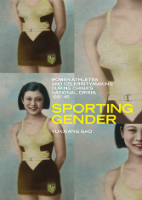
When China hosted the 2008 Summer Olympics—and amazed international observers with both its pageantry and gold-medal count—it made a very public statement about the country’s surge to global power. Yet, China has a much longer history of using sport to communicate a political message.
Diplomatic sources said Germany did not want to get dragged into the dispute between China and Japan, and dislikes China constantly bringing up Germany's painful past.
James Cahill was one of the foremost authorities on Chinese art whose interpretations of Chinese painting for the West influenced generations of scholars.
An American scholar of Tibet has collected thousands of Tibetan language books and donated them to Chengdu’s Southwest University for Nationalities.

“We didn’t say ‘I love you,’” said Dr. Kaiping Peng, Associate Professor of Psychology Emeritus at the University of California at Berkeley. I’d ventured over to his China office on the campus of Beijing’s mighty Tsinghua University to talk to...
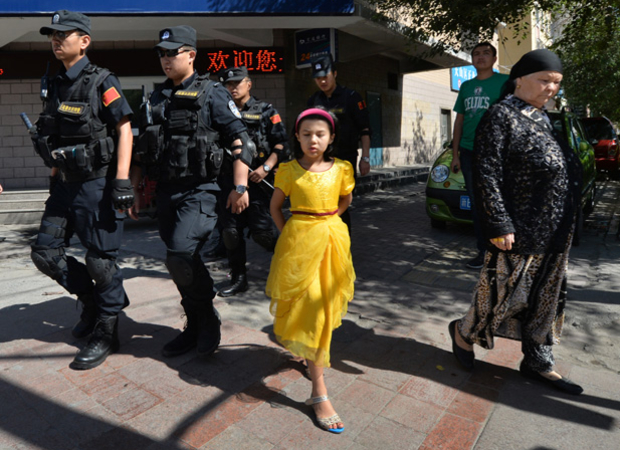
On December 31, President Xi Jinping appeared on CCTV and extended his “New Year’s wishes to Chinese of all ethnic groups.” On January 15, Beijing officials...
Will China win its 65-year war with Taiwan—without firing a shot?
Two Tibetan support groups and a monk with Spanish nationality brought a case in Spain against former Chinese president Jiang Zemin and ex-prime minister Li Peng in 2006 over allegations they committed genocide in Tibet.
The international community should insist China abide the rule of law and heed the United Nations arbitration ruling where tensions around China’s claims in the South and East China Seas are concerned.
In 1868 Anson Burlingame became not only America’s first minister to China to reside in Beijing, but also China’s first ambassador to the world.
The return of collective religious traditions is part of Chinese people's search for meaning and stability.
A Xinhua writer fiercely responds to Philippine President Benigno S. Aquino III’s comparison of China to Nazy Germany.
President Benigno S. Aquino III called for nations around the world to support the Philippines in resisting China’s claims to the seas near his country, drawing a comparison to the West’s failure to support Czechoslovakia against Hitler’s demands...
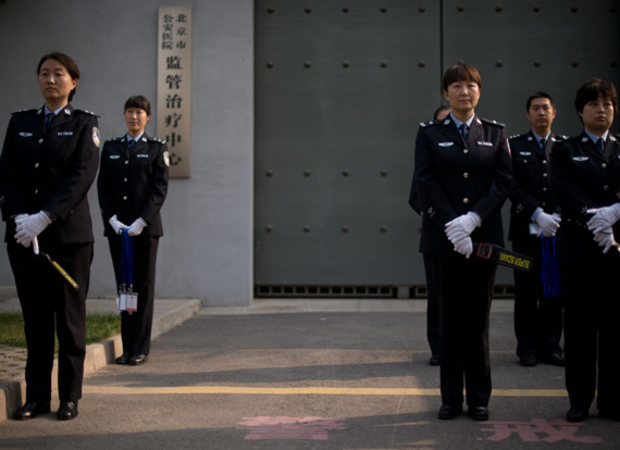
Last week, the White House said it was “very disappointed” in China for denying a visa to...
China will spend $148 billion on its military this year, up from $139.2 billion in 2013, according to IHS Jane’s, a defense industry consulting and analysis company.
A Chinese folk artist performs at the opening ceremony of the Spring Festival Temple Fair in Beijing, one of millions of people around the world celebrating ahead of Chinese, or Lunar, New Year.
China’s new bourgeoisie discovers alternative education
China said Prime Minister Shinzo Abe was evading Japan’s “history of aggression” by comparing Sino-Japanese relations to those of the U.K. and Germany prior to World War I.
Escalating disputes between Japan and China are spilling onto newspaper opinion pages around the globe as the rivals try to sway attitudes abroad and placate nationalist fervor at home.

Since its founding, the United States has had understandable pride in its great achievements, but also has had to reckon with its complex moral history—beginning but hardly ending with the fact that our original Constitution accepted the evil of...
(Vid) Wang Jingyao chronicles the murder of his wife, the first victim of the Cultural Revolution.
Japan must reckon with England as an eventual addition to the enormous political strength of China and Russia.
A larger crisis on the Korean peninsula would require Chinese involvement.
Hsia argued that Chinese writers suffered from an "obsession with China."
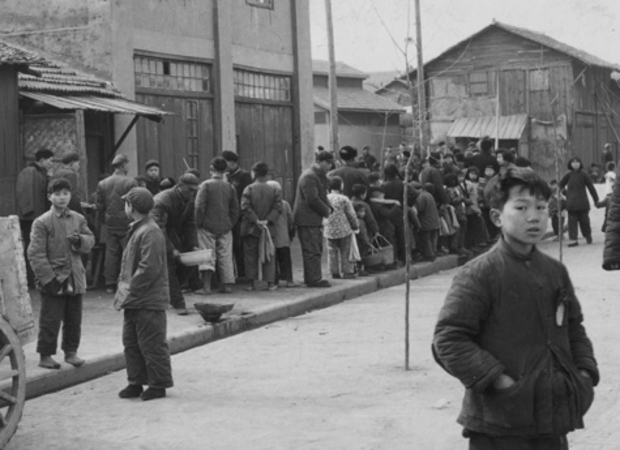
Here are two snippets from a Chinese Communist journal called People’s China, published in August 1956:
In 1956, despite the worst natural calamities in scores of years, China’s peasants, newly organized in co-
...
Mark Twain’s “Running for Governor” was taught alongside the writings by Mao Zedong and other prominent Chinese thinkers and literary figures in middle schools across China for more than 40 years.
A Chinese balloonist took off from the coastal province of Fujian, trying to land on an island claimed by both China and Japan. Unfortunately, the balloonist, a cook by profession, didn’t make his target.
Beijing has declared Japanese Prime Minister Shinzo Abe “not welcome” by the Chinese people and said Chinese leaders won’t meet him.
When I tell people that I have recently published a novel set in China, one of the first questions they ask is whether I’ve been there. My response seems to be a letdown.
Chinese State Councilor Yang Jiechi said Japanese Prime Minister Shinzo Abe's visit to the Yasukuni Shrine was in total disregard of international opposition, and blatantly paid homage to Class-A war criminals of World War II.
Mr. Xi and the six other members of the Politburo Standing Committee–the top decision-making body—bowed three times at the mausoleum holding Mao’s body in a glass sarcophagus on Beijing’s Tiananmen Square, state media said. Mr. Xi then addressed...
Prime Minister Shinzo Abe of ...
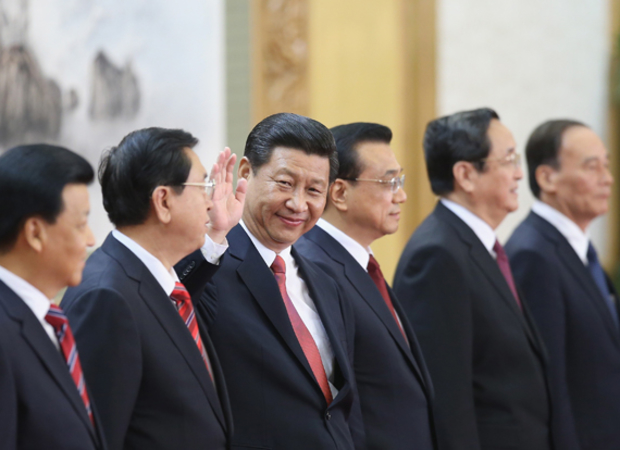
Nearly a year to the day after seven new leaders ascended to their posts on the Standing Committee of China’s Politburo, the Asia Society held a public...

The spring of 1971 heralded the greatest geopolitical realignment in a generation. After twenty-two years of antagonism, China and the United States suddenly moved toward a détente—achieved not by politicians but by Ping-Pong players. The Western press delighted in the absurdity of the moment and branded it “Ping-Pong Diplomacy.” But for the Chinese, Ping-Pong was always political, a strategic cog in Mao Zedong’s foreign policy.
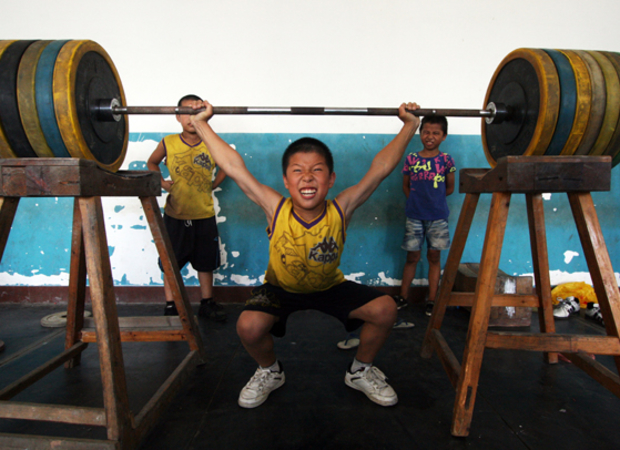
No one seems to have measured exactly how old Chinese civilization is, but Endymion Wilkinson can probably give a more precise answer than anyone else. “1.6 billion minutes separate us from the Zhou conquest of the Shang,” he informs us at the...
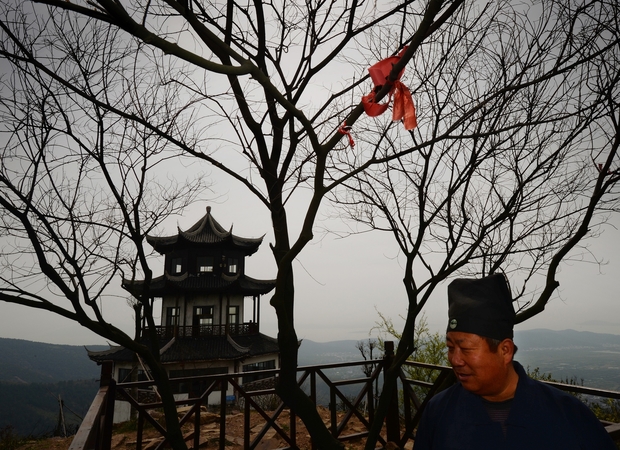
In September, an unusual environmental organization was launched in one of the most ancient and significant sites in China—the Songyang Academy, Dengfeng, Henan. Founded in the eleventh century AD, this was one of the four Confucian Academies of...

In the mid-1950s, when I was a graduate student of Chinese history, the Manchu Empress Dowager Cixi (1835–1908) was invariably condemned as a reactionary hate figure; Mao Zedong was admired. In the textbooks of that time, leading American...
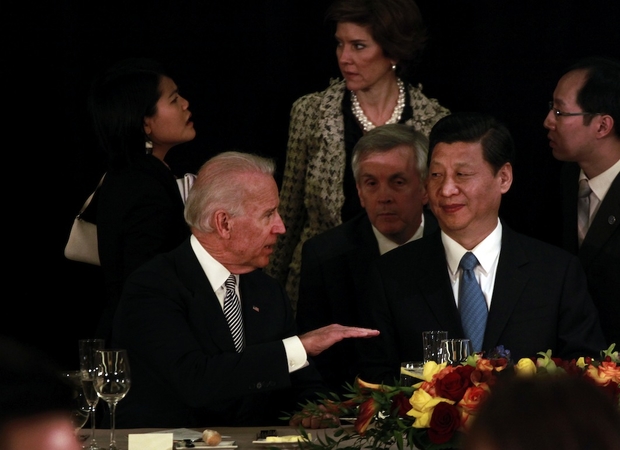
Susan Shirk:
United States Vice President Joseph Biden is the American political figure who has spent the most time with Xi Jinping and has the deepest understanding of Xi as an individual. Before Xi’s selection as P.R.C....
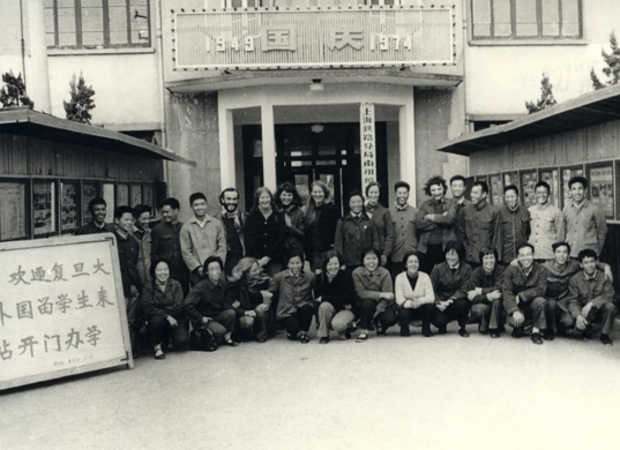
This week, Kaiser and Jeremy are pleased to be joined by Isabel Hilton, a longstanding British journalist whose youthful interest in China got her blacklisted by the British security services and the British Broadcasting Corporation and...

Chen Weihua:
The Air Defense Identification Zone (ADIZ) is not a Chinese invention. The United States, Japan and some 20 other countries declared such...
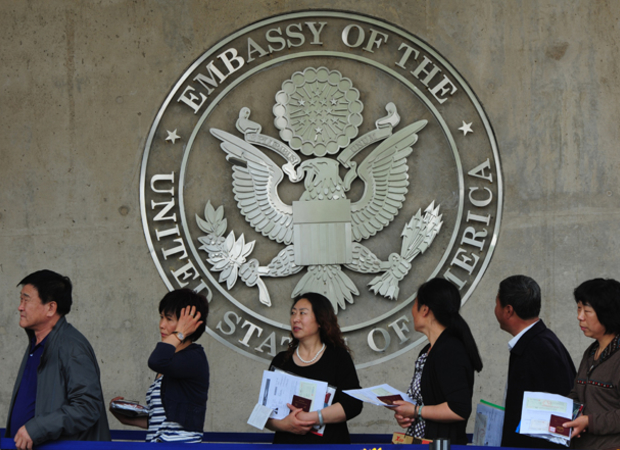
Mary Kay Magistad: Gary Locke succeeded in a way that few U.S. ambassadors to China have—in improving public perceptions of U.S. culture. Locke’s down-to-earth approachability and lack of ostentation certainly helped. So did the...
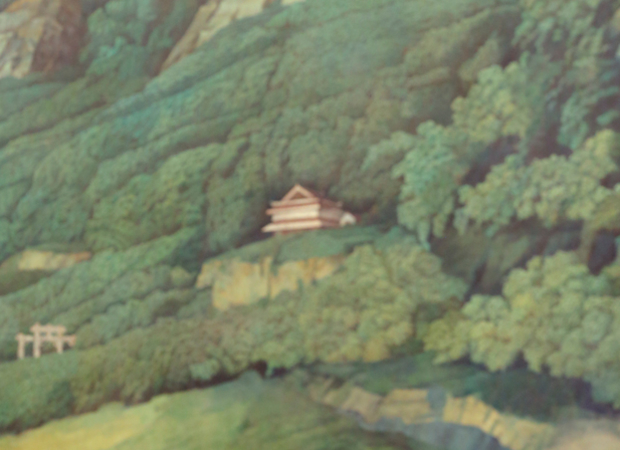
Last November, China’s newly installed leader, Xi Jinping, asked his fellow Chinese to help realize a “Chinese dream” of national rejuvenation. In the months since then, his talk has been seen as a marker in the new leadership’s thinking,...
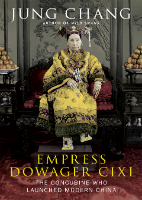
Empress Dowager Cixi (1835–1908) is the most important woman in Chinese history. She ruled China for decades and brought a medieval empire into the modern age.
At the age of sixteen, in a nationwide selection for royal consorts, Cixi was chosen as one of the emperor’s numerous concubines. When he died in 1861, their five-year-old son succeeded to the throne. Cixi at once launched a palace coup against the regents appointed by her husband and made herself the real ruler of China—behind the throne, literally, with a silk screen separating her from her officials who were all male.
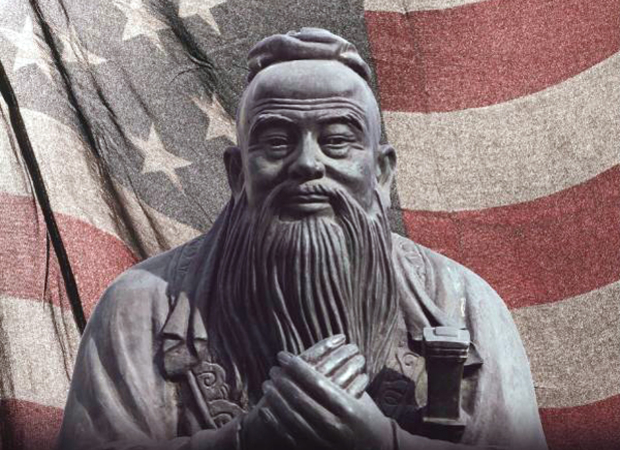
{vertical_photo_right}
What Would Confucius Do? What for that matter would Laozi not do? This week on Sinica, Kaiser and Jeremy ask these and other questions of Sam Crane, Professor of Contemporary Chinese Politics at Williams College and...
Authorities barred a planned protest to the Japan-controlled Senkaku Islands in the East China Sea last month involving activists from both the mainland and Taiwan, but the protesters are now eyeing another try next month, one of the...
The Chinese-language version of Wikipedia has become more than an online encyclopedia: it is a battlefield for editors from China, Taiwan and Hong Kong in a region charged with political, ideological and cultural differences....

He-Yin Zhen (ca. 1884-ca.1920) was a theorist who figured centrally in the birth of Chinese feminism. Unlike her contemporaries, she was concerned less with China’s fate as a nation and more with the relationship among patriarchy, imperialism, capitalism, and gender subjugation as global historical problems. This volume, the first translation and study of He-Yin’s work in English, critically reconstructs early twentieth-century Chinese feminist thought in a transnational context by juxtaposing He-Yin Zhen’s writing against works by two better-known male interlocutors of her time.
Thus, Los Angeles Review of Books Asia Co-editor Megan Shank and Yu exchanged Chinese-language e-mails about history’s most over- and underrated Chinese writers, the evolution of an ancient language and why Yu will never read Anna Karenina ...
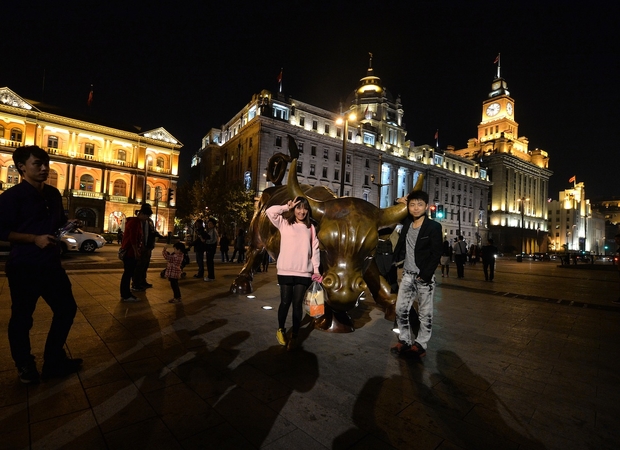
China’s economy is already two-thirds the size of the economy of the U.S., and it’s been growing five times as fast. But now, China’s economy is beginning to slow and is facing a raft of difficult problems. If China’s leaders don’t address these...
A U.S. scholar says the plane, discovered by fishermen in the Yangtze River, was a B-25 bomber from the “Flying Tiger” squadrons, a special unit of World War II U.S. military pilots tasked with training Chinese pilots in air combat....
Exiled sculptor Wang Keping’s controversial piece “Silence” — a wooden head with a plug stuffing its gaping mouth — has not been allowed in China since it was shown in 1979 and 1980, but the artist is now showing newer art in Beijing. ...
The Communist Party has devoted official meetings, books, a six-episode television documentary, a garish children’s performance and postage stamps to mark a century since the birth of Xi Zhongxun, a veteran revolutionary and Xi Jinping’s...